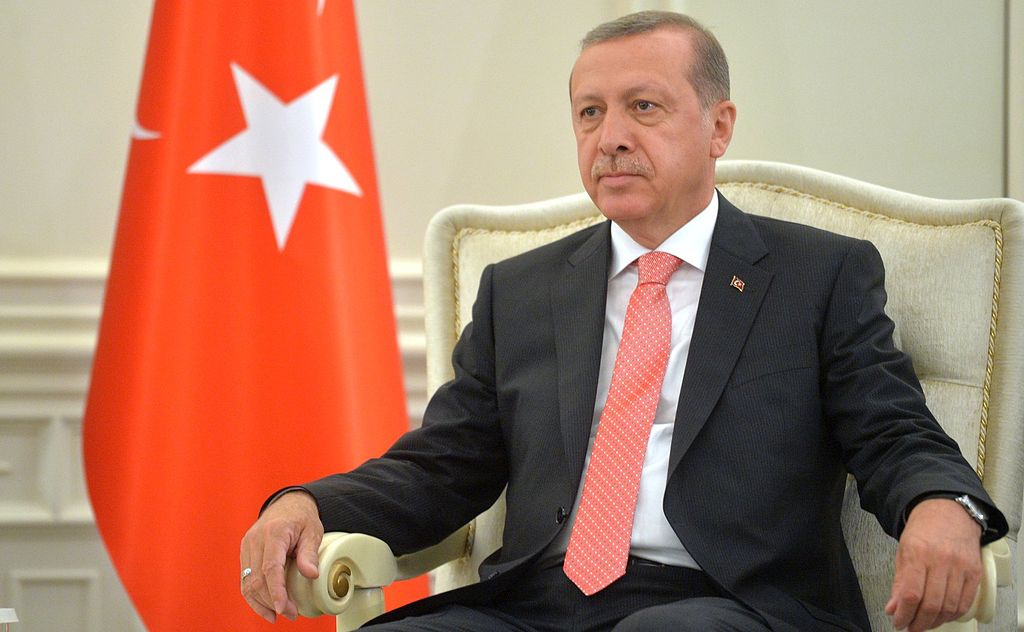
Ayala Panievsky is co-author of a study that reveals striking continuities in the erosion of democracy in Turkey, India and Israel
Erdoğan’s success in gradually transforming Turkey from semi-democracy to illiberal authoritarian regime, should alarm those who face populist leaders in power...
Ayala Panievsky and Julius Maximilian Rogenhofer
Recep Tayyip Erdoğan’s Turkey offers a blueprint for how democracies can be taken over by populist movements which seek to destroy them, according to a new study.
The study, Antidemocratic populism in power: comparing Erdoğan’s Turkey with Modi’s India and Netanyahu’s Israel, is published in the journal Democratization by Gates Cambridge Scholar Ayala Panievsky and Julius Maximilian Rogenhofer from the University of Cambridge’s Department of Sociology.
It compares the recent rise of populism in Turkey, India and Israel, all previously heralded as exceptional democracies in difficult regions and all shaped by deep social, ethnic and religious divisions.
The article locates Turkey, India and Israel within a global wave of electorally successful populist movements. It explores how populism can jeopardise democratic choice in deeply divided societies and whether Erdoğan’s capture of democracy in Turkey offers a blueprint for the political strategies employed by Modi and Netanyahu. The study uncovers a common populist playbook of neoliberal economic policies, the leveraging of ethnoreligious tensions as well as attempts to denigrate independent news media, by portraying it as the “enemy of the people”.
It also reveals striking continuities in the erosion of democracy in Turkey, India and Israel as a result of these policies, highlighting the vulnerability of political systems, particularly those of deeply divided societies, to democratic decay.
The researchers say the similarities between the three countries have not escaped local critics: Netanyahu’s war on democratic institutions and his attempts to pass personal laws, for instance, have led his political opponents to repeatedly warn of his “Erdoğanisation”, while the revocation of the special status of the region of Jammu and Kashmir, together with the close ties between Modi and Netanyahu, prompted commentators to decry the “Israelification” of India.
They say: “It may be too soon to construct a new archetype of populism around Turkey, India and Israel. Nonetheless, the analysis presented here suggests that further research in this direction may be fruitful, particularly with respect to young democracies with deeply divided societies.”
They recognise that each is on a spectrum of intolerant anti-democratic tendencies and say that, while Israel might serve as an example of how democratic institutions cope with antidemocratic populism, “Erdoğan’s success in gradually transforming Turkey from semi-democracy to illiberal authoritarian regime, should alarm those who face populist leaders in power, especially in divided societies, with unstable democratic cultures or in difficult neighbourhoods”. They add: “This concern is particularly urgent since ‘historically, very few autocratisation episodes starting in democracies have been stopped short of turning countries into autocracies’.”
Ayala [2018] is doing a PhD in Sociology.
*Picture credit: http://www.kremlin.ru/events/president/news/49702. Courtesy of wikimedia commons.












